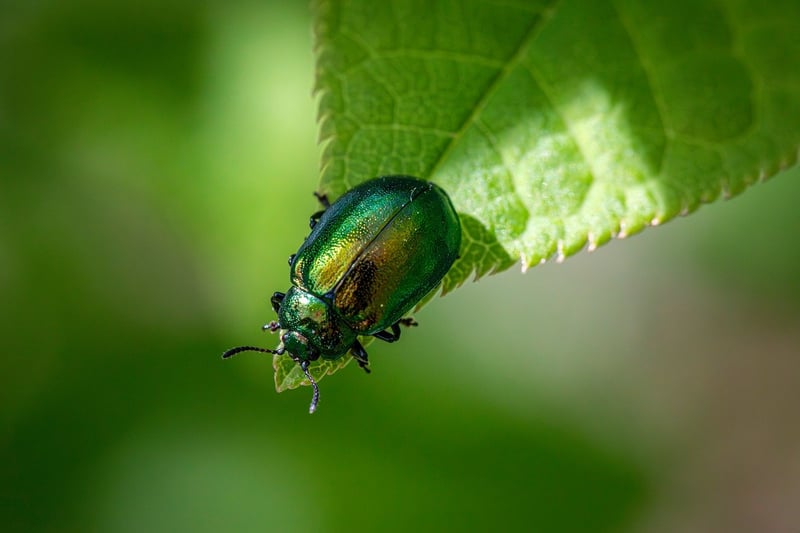Pest control methods
Caring for Your Vertical Garden + Pest Control Methods
Introduction
Welcome to our guide on caring for your vertical garden and effective pest control methods to keep your plants healthy and thriving. Vertical gardens are a fantastic way to add greenery to small spaces and create a beautiful living wall. However, like any garden, they require proper care and attention to ensure your plants flourish. Additionally, we'll discuss some natural pest control methods to protect your vertical garden from unwanted visitors.
Caring for Your Vertical Garden
Vertical gardens have unique needs compared to traditional gardens due to their vertical orientation. Here are some essential tips to help you care for your vertical garden:
1. Watering
Ensure your vertical garden receives adequate water. Since vertical gardens have a smaller soil volume, they may dry out faster. Consider installing a drip irrigation system or hand-watering regularly to keep your plants hydrated.
2. Pruning and Trimming
Regularly prune and trim your plants to promote healthy growth and prevent overcrowding. Remove dead or yellowing leaves to encourage new growth and improve air circulation.
3. Fertilizing
Provide your vertical garden with the necessary nutrients by fertilizing regularly. Use a balanced fertilizer or organic compost to ensure your plants have access to essential minerals for optimal growth.
4. Monitoring Light Levels
Pay attention to the light requirements of your plants. Ensure they receive adequate sunlight or artificial light if your vertical garden is located in a shady area. Adjust the positioning of your plants accordingly to prevent sunburn or lack of light.
Pest Control Methods
Unfortunately, pests can pose a threat to your vertical garden. Here are some natural pest control methods to protect your plants:
1. Neem Oil Spray
Neem oil is a natural insecticide that can help control common garden pests like aphids, mites, and caterpillars. Mix neem oil with water and a small amount of dish soap, then spray it on your plants to deter pests.
2. Beneficial Insects
Introduce beneficial insects like ladybugs or lacewings to your vertical garden. These insects feed on pests, helping to keep your plants free from harmful insects in a natural way.
3. Companion Planting
Plant pest-repelling herbs like basil, mint, or lavender alongside your other plants. These herbs emit scents that deter pests and can help protect your vertical garden from infestations.
4. Physical Barriers
Use physical barriers like row covers or netting to prevent pests from reaching your plants. This method is particularly useful for safeguarding your vertical garden against flying insects or birds.
Conclusion
By following these care tips and implementing natural pest control methods, you can maintain a healthy and thriving vertical garden. Remember to monitor your plants regularly, provide them with proper care, and address any pest issues promptly to ensure your vertical garden remains a vibrant and beautiful space.

Remember, a little care goes a long way in keeping your vertical garden lush and pest-free!
